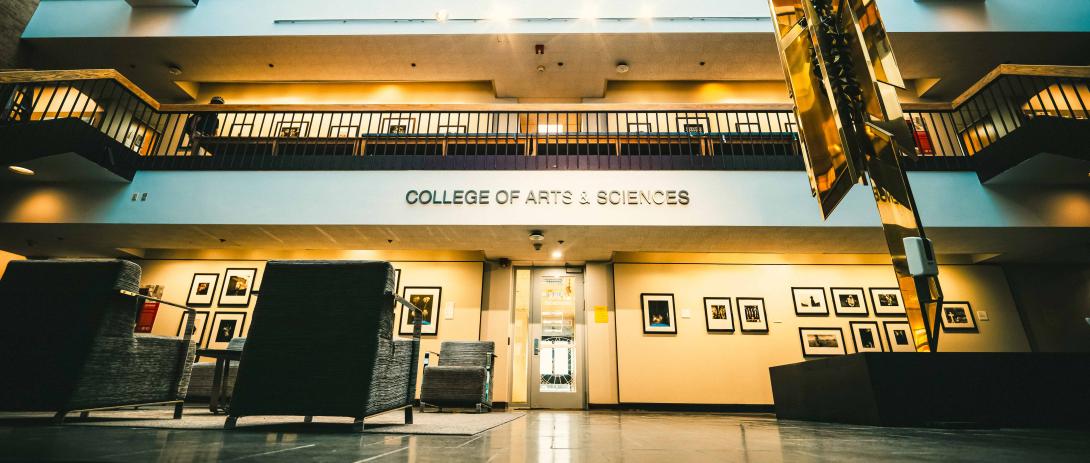Experience the Arts & Sciences at Lehigh
The College of Arts and Sciences is the beating heart of Lehigh—a dynamic space where curiosity meets impact. Here, learning isn’t confined to a single discipline. Instead, students and faculty embrace the intersections of science and art, technology and humanity, tradition and progress. Through this interdisciplinary approach, we cultivate innovation, creativity, and critical thinking, fostering solutions to the world’s most pressing challenges.
In our college, you don’t have to choose between contrasting fields—you can explore them all. We believe the most powerful ideas emerge when analytical thinking meets artistic expression, when the practical intersects with the philosophical, and when local issues are understood through a global lens. Our students and faculty push boundaries, applying knowledge in meaningful ways, from addressing urban challenges to protecting marine ecosystems.
The College of Arts and Sciences is where life-launching experiences begin. Whether through cutting-edge research, internships, or real-world projects, we empower students to work hard to turn ideas into impact. The diverse perspectives within our college don’t just prepare students for success—they prepare them to lead, create, and make a difference. As Lehigh’s largest and most connected college, we provide a transformative education, shaping forward-thinking individuals who will influence every field and every corner of the world.

